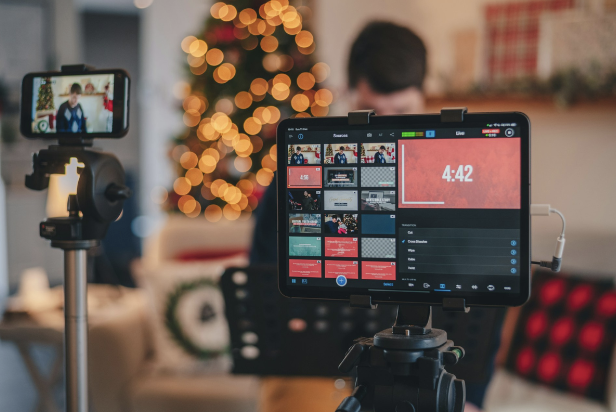Facebook Leadgen Ad Basics
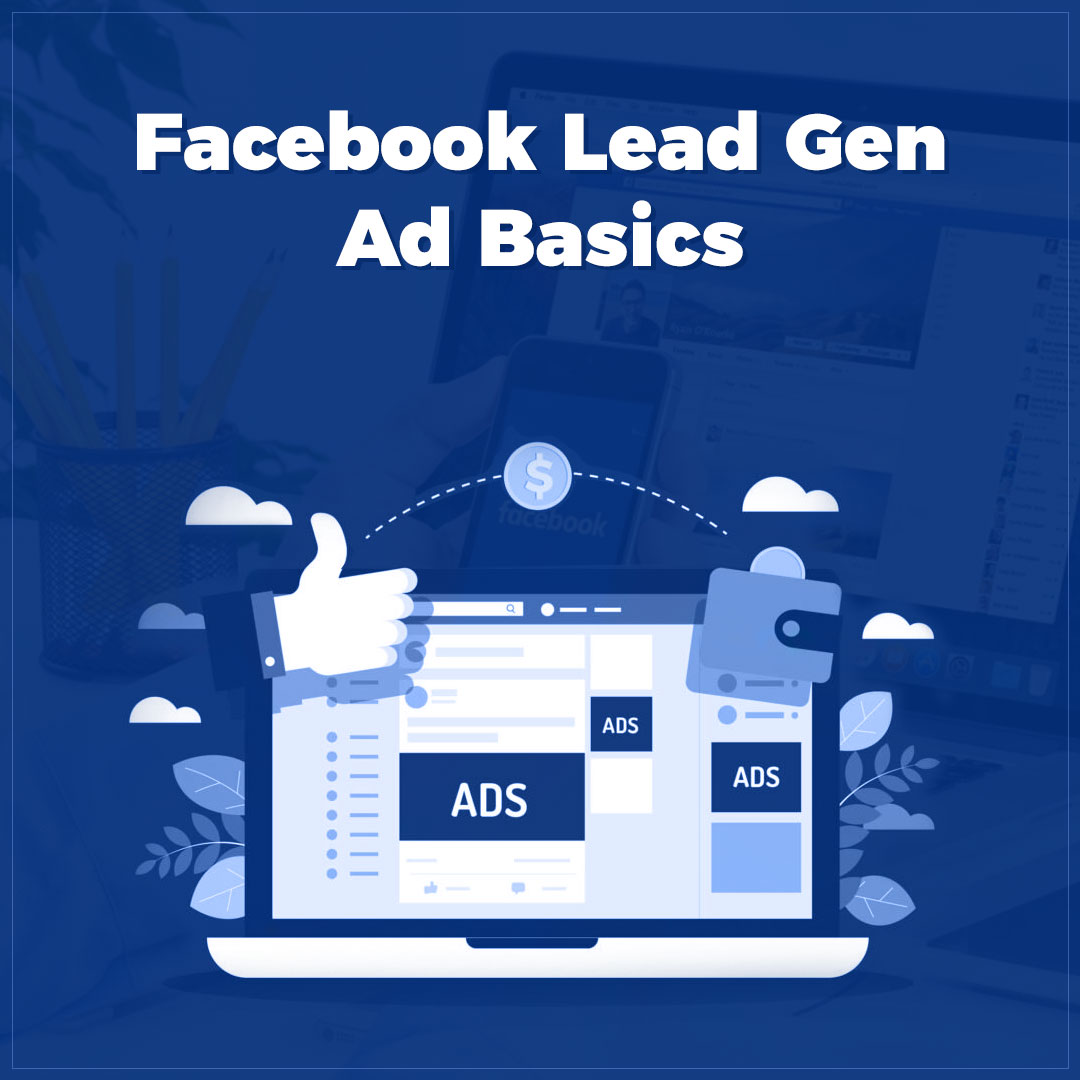
With Facebook, I guess, sky is the limit, isn't it! The options that Facebook provides regarding advertisement drives, are endless. One such mind-blowing feature is that of Facebook Leadgen Ad.

Entrepreneurs who are regular with Facebook advertisements might very well be aware of this awesome concept. People who have recently landed to the world of Facebook Ad campaigns, this article will guide them to the basics of Facebook Leadgen ads.Not to mention, this is an absolutely delightful idea for marketers who generally struggle getting leads due to various reasons like their niche product line, complex business, remote target audience and so on. So, let's get straight to the definition. What do we understand by Facebook Leadgen Ad?
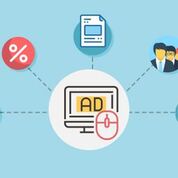
- Facebook Leadgen Ad is a simple yet quite an interesting concept which enables a marketer to find leads directly through their ads. What happens is, when a viewer clicks on an ad, the ad directs him to a contact form. If the user likes the product and wants to follow all the news feed about it, he may fill up the form.
- The form displays columns for name, gender, age, location and sometimes email IDs or contact numbers too which can be filled automatically using the information on the FB profile.
- When a prospect fills this form and submits it, the marketer comes to know about the preference of that particular user and accordingly keeps him updated about new product launches, offers and other information. An easy and effortless way to generate leads - not only leads but relevant leads!
The conventional way

Earlier, a similar process existed where the ads when clicked on, got directed to the landing page of the company. The user had to leave the Facebook page completely, and fill out the form given on the website.Although this procedure used to fetch some genuine prospects but it was a time-taking and lengthy one. Only the leads who would seriously want to follow up with that product would take up that tedious effort. Also, it was not a full-proof way to secure leads since it was a long-routed process. It was not sure whether people would want to fill up the form devoting so much of their time and concentration. Thank god for Facebook Leadgen Ads which directly link to form filling! No need to move out of Facebook in between.The forms can also contain custom questions varying according to the type of prospect. Prospects too on the other hand after filling up the form can sign up for respective product's demo, price guidelines, free trials, newsletters and so on. How do these type of ads function - Stepwise
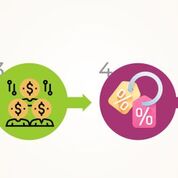
- Like any other ad, the advertiser puts an ad through Facebook Ads Manager setting the features according to the audience that he wants to target. If you are willing to make bulk ads, i.e. create many ads at a time, then you must go for Power Editor.
- Using the information in the ad, Facebook shows those ads in the feeds of the targeted customers.
- These ads show up as Sponsored ads.
- Facebook Leadgen ads are said to be complete when they actually generate any leads. So, to do that the marketer has to put a catalyst such as Call to Action or so. For eg. A stock clearance sale is to be held on 20th July. 70% off on all merchandise. To know more about the sale and to avail 10% extra off, click on the below ad or link.
- Potential customers click on the ad to access the coupon. The ad directs them to an autofill form. The form is already filled up with few basic details which are extracted from the users Facebook account.
- The user can make some necessary editings if he wants and finally submit the form.
The advertiser receives the form and saves it up for immediate and future reference. He can use the information to contact the prospect for further sales process. Advantages of Facebook Leadgen Ads
- Erases the requirement to create seperate landing page: As discussed earlier in the article, these type of ads directly open up with an autofill form. Thus, eliminating the need to create a new landing page. The added convenience is that the user need not leave the Facebook app and continue as it is.

As a result, the potential customer does not get irritated with changing of pages and the entire process. He can remain on the same tab as per his wish.
- Flexible forms: The forms format is such that, the advertiser can ask or change questions according to the customers. In other words, relevant questions can be put as per each prospect. Therefore, the advertiser need not be stringent with his set of questions.

- Advertiser easy access to leads information: The marketer or the advertiser has swift access to the information that the lead has provided through the form. He can download the same directly from Facebook or may even get connected to Salesforce or MailChimp.

Thus, saving a lot of time, energy and efforts.
- Efficient CRM integration: The advertiser can download the leads faster with the help of CRM integration.
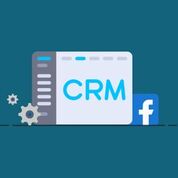
The marketer can also plan actions and the strategies that he wants to implement. He can keep a track of all these things very easily with the CRM feature.
- Gets you genuine prospects: People who click on your ads or the call to action are a proof that they are actually interested in your product or service. This directly means that they would like to catch with the updates of your commodities and make purchases eventually.

You can therefore keep a track of these users and send them upgraded information about your brand as and when required.A piece of advice

- If you are planning or have already set up a Facebook Leadgen Ad, it is crucial that you check with your legal departments that if your company falls in the line of policies of these type of ads. If not, then, it is advisable that you do some more research and go ahead with a different sort of advertisement form. Also, when you design your forms, see that your purpose is clear.
- The questions should not pose to be ambiguous, vague or hideous in nature. In case, the intent of your ad or form appears to have a hidden agenda, Facebook might straight away suspend your campaign as well as ad account. So, it is better to strictly abide by the rules rather than repent later.
Apart from the above pointers, Facebook Leadgen Ad is a wonderful concept if utilized properly. If you look closely, it creates a win-win situation for both the parties - the marketer and the potential customers. The marketer gets to acquire leads quite fast and the prospects get to subscribe for all the related updates. The process it offers makes the user less frustrated while going through it. They stay on the same page and need not get disrupted due to redirection of links. So, in short, Facebook Leadgen Ad pulls in legitimate leads keeping your marketing funnel full, always!

